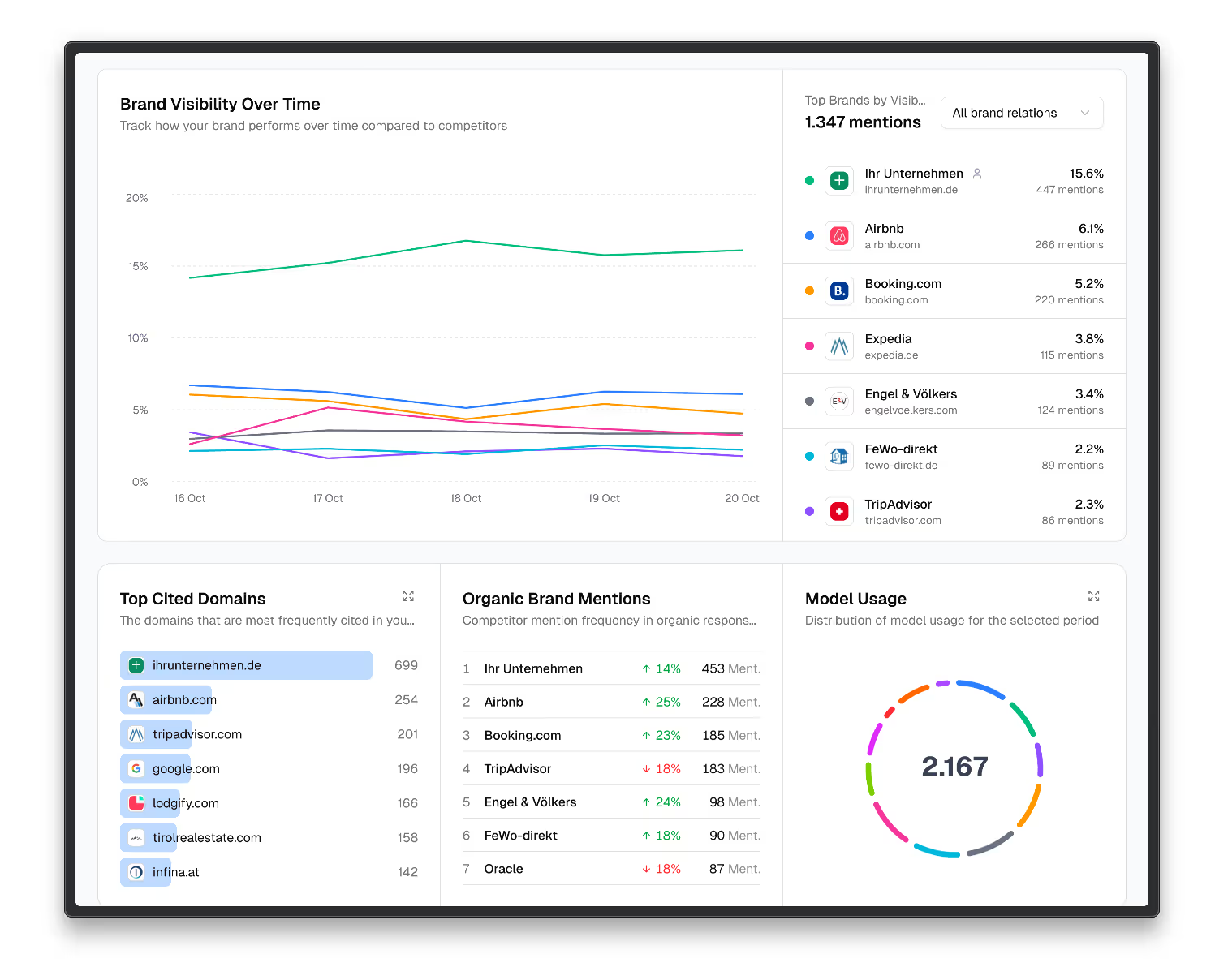Was ist Webflow?
Was ist Webflow?
Webflow ist eine cloudbasierte Plattform für Webdesign und Webentwicklung, die es ermöglicht, responsive Websites und komplexe Webanwendungen ohne tiefgreifende Programmierkenntnisse zu erstellen. Webflow verbindet visuelles Design mit der technischen Umsetzung, um hochwertige, benutzerfreundliche und ästhetisch ansprechende Weblösungen zu schaffen.
Webflow revolutioniert die Art, wie Websites erstellt werden. Als All-in-One-Plattform kombiniert Webflow die Flexibilität traditionellen Webdesigns mit der Einfachheit visueller Tools. Designer und Entwickler können komplexe, responsive Websites erstellen, ohne eine einzige Zeile Code schreiben zu müssen.
Hauptfunktionen von Webflow
Visual Designer: Der herzstück von Webflow ist der visuelle Designer, der HTML, CSS und JavaScript in Echtzeit generiert. Jede Änderung im visuellen Interface wird automatisch in sauberen, semantischen Code übersetzt.
CMS-Integration: Das integrierte Content Management System ermöglicht es, dynamische Inhalte zu verwalten und verschiedene Content-Typen zu erstellen – von Blog-Posts bis hin zu Produktkatalogen.
E-Commerce-Funktionalität: Webflow bietet umfassende E-Commerce-Lösungen mit Produktverwaltung, Zahlungsabwicklung und Inventarverfolgung.
Hosting und Performance: Websites werden auf Webflows globalem CDN gehostet, was für schnelle Ladezeiten und hohe Verfügbarkeit sorgt.
Vorteile für Unternehmen
Webflow ermöglicht es Unternehmen, professionelle Websites in einem Bruchteil der Zeit zu erstellen, die traditionelle Entwicklung benötigen würde. Die Plattform eignet sich besonders für:
- Marketing-Teams, die schnell Landing Pages erstellen müssen
- Designer, die ihre Visionen ohne technische Barrieren umsetzen wollen
- Kleine bis mittlere Unternehmen, die eine professionelle Online-Präsenz benötigen
- Agenturen, die Kundenprojekte effizienter abwickeln möchten
Wichtige Merkmale und Funktionen von Webflow:
- Visueller Webdesign-Editor: Ein intuitiver Drag-and-Drop-Editor, der es ermöglicht, Layouts, Designs und Strukturen visuell zu erstellen und direkt umzusetzen.
- Responsive Design: Webflow erleichtert die Erstellung von Websites, die sich automatisch an verschiedene Bildschirmgrößen und Geräte anpassen.
- CMS-Funktionen: Integriertes Content-Management-System (CMS), das Benutzern ermöglicht, Inhalte einfach zu erstellen, zu verwalten und dynamisch zu aktualisieren.
- Interaktive Animationen: Einfache Integration von Animationen und Interaktionen, die Websites interaktiver und nutzerfreundlicher machen.
- Hosting und Sicherheit: Webflow bietet zuverlässiges und sicheres Hosting, sodass Websites direkt innerhalb der Plattform gehostet und verwaltet werden können.
- E-Commerce-Integration: Umfangreiche Funktionen zur Erstellung professioneller Online-Shops mit nahtlos integrierten Zahlungssystemen und Produktmanagement.
- Benutzerdefinierter Code: Möglichkeit, eigenen HTML-, CSS- und JavaScript-Code in Projekte zu integrieren, um anspruchsvollere, individuellere Funktionen umzusetzen.
- Formulare und Datenbanken: Einfache Erstellung und Verwaltung von Formularen und automatische Speicherung der erhobenen Daten in integrierten Datenbanken.
Einsatzbereiche von Webflow:
Webflow eignet sich besonders für Designer, Entwickler und Unternehmen, die anspruchsvolle Websites und Webanwendungen erstellen wollen, ohne auf die Flexibilität von individuell geschriebenem Code verzichten zu müssen. Die Plattform ermöglicht es, Webprojekte effizient umzusetzen und dabei hohe Design- und Funktionsstandards einzuhalten.
Integration und Erweiterbarkeit
Webflow lässt sich nahtlos mit anderen Tools integrieren. Über APIs können Daten mit CRM-Systemen, Marketing-Tools oder Analytics-Plattformen synchronisiert werden. Custom Code-Optionen ermöglichen es fortgeschrittenen Nutzern, zusätzliche Funktionalitäten zu implementieren.
Weiterführende Links zu Webflow:
Fazit:
Webflow bietet eine leistungsstarke, flexible und benutzerfreundliche Lösung zur Gestaltung und Entwicklung hochwertiger Websites. Es verbindet visuelle Gestaltungsmöglichkeiten mit technischer Flexibilität und ermöglicht so die effiziente Umsetzung professioneller Webprojekte.




